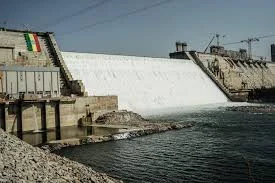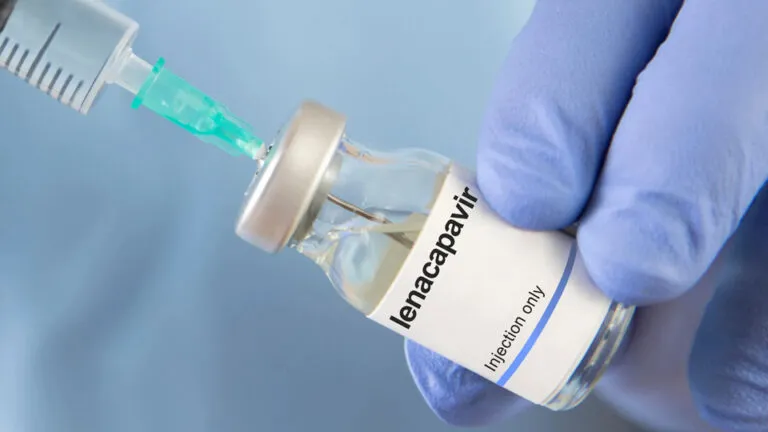 Ethiopia’s Grand Ethiopian Renaissance Dam (GERD) officially began power production today, marking a significant milestone in the country’s efforts to boost its energy generation capacity and promote economic development. The dam, located on the Blue Nile River in the Benishangul-Gumuz region, is touted as Africa’s largest hydroelectric project and is expected to play a crucial role in the region’s energy landscape.
Ethiopia’s Grand Ethiopian Renaissance Dam (GERD) officially began power production today, marking a significant milestone in the country’s efforts to boost its energy generation capacity and promote economic development. The dam, located on the Blue Nile River in the Benishangul-Gumuz region, is touted as Africa’s largest hydroelectric project and is expected to play a crucial role in the region’s energy landscape.
The Ethiopian Prime Minister, Abiy Ahmed, inaugurated the dam’s power production during a ceremony attended by government officials, foreign diplomats, and thousands of spectators. In his speech, Prime Minister Abiy emphasized the dam’s potential to provide affordable and renewable energy to millions of Ethiopians and neighboring countries, highlighting Ethiopia’s commitment to becoming a regional power hub.
Construction of the GERD began in April 2011, and it has faced numerous challenges, including technical difficulties and disputes with downstream countries, particularly Egypt and Sudan, over water rights and management. Despite these tensions, Ethiopia has continued to move forward with the project, which has been a source of national pride for many Ethiopians. The dam is expected to have a total installed capacity of 6,450 megawatts when fully operational, significantly increasing the country’s current energy production capabilities.
Ethiopia’s government reports that the initial phase of power generation will produce approximately 375 megawatts, with plans to ramp up production in subsequent phases. The energy generated from the GERD is expected to not only support domestic consumption but also facilitate energy exports to neighboring countries, contributing to regional integration and economic cooperation.
However, the GERD has been a point of contention in the Nile Basin, with Egypt expressing concerns that the dam could reduce its water supply from the Nile, upon which it heavily relies. Sudan has also raised alarms over the potential impacts on its water management and safety. Efforts to mediate discussions among Ethiopia, Egypt, and Sudan have been ongoing, with international bodies urging a cooperative approach to addressing the issues surrounding the dam.
As Ethiopia celebrates this landmark achievement, the government asserts that the GERD will play a critical role in driving economic growth, improving access to electricity, and fostering development initiatives across the nation. The completion of the GERD is viewed as a testament to Ethiopia’s aspirations for self-sufficiency and progress in the face of regional challenges.



















